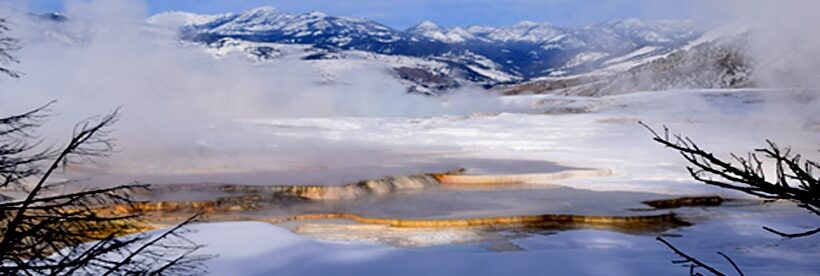I came across a good posting on Carbon Brief that gives a succinct historical background for designating the new geological epoch, the Anthropocene, and thought I’d pass it on. As defined by the English Oxford Living Dictionaries, the Anthropocene is:
Relating to or denoting the current geological age, viewed as the period during which human activity has been the dominant influence on climate and the environment.
The Anthropocene is not a formal geologic time unit yet within the geologic time scale – that label will take awhile. But the Working Group on the Anthropocene (a part of the Subcommission on Quaternary Stratigraphy) gave their recommendation to formalize this time unit to the 35th International Geological Congress in Cape Town, South Africa on August 29, 2016, so there is some progress. The working group suggested that there are options for marking the beginning of the epoch, such as c. 1800 CE, around the beginning of the Industrial Revolution in Europe or about 1950, where the boundary
…was likely to be defined by the radioactive elements dispersed across the planet by nuclear bomb tests, although an array of other signals, including plastic pollution, soot from power stations, concrete, and even the bones left by the global proliferation of the domestic chicken were now under consideration. From The Guardian, 8/29/2016.
Anyways, it’s worth reading the posting on Carbon Brief by Sophie Yeo about the Anthropocene, and I’ve included one of the posting’s infographics below to peak a reader’s interest.

